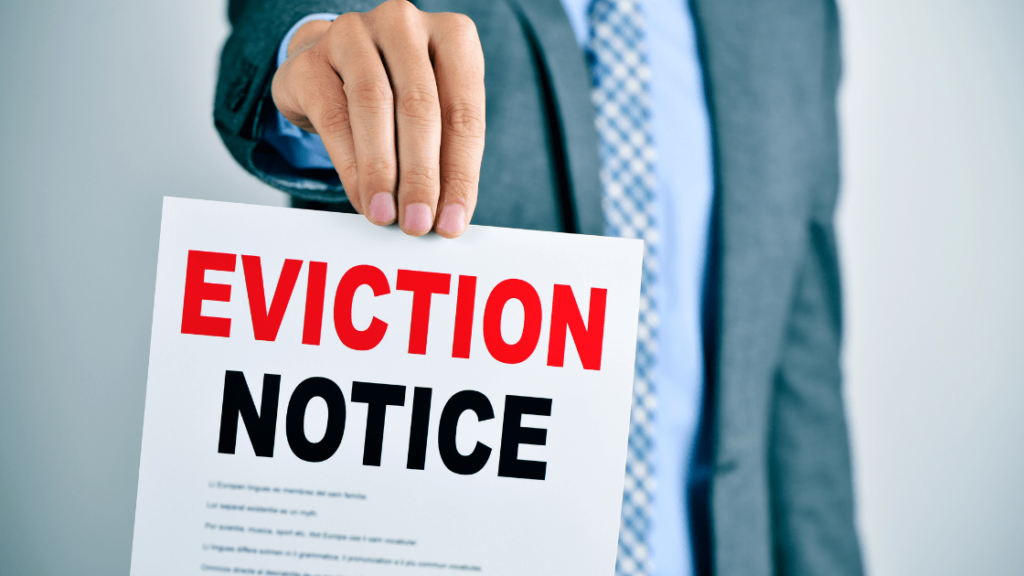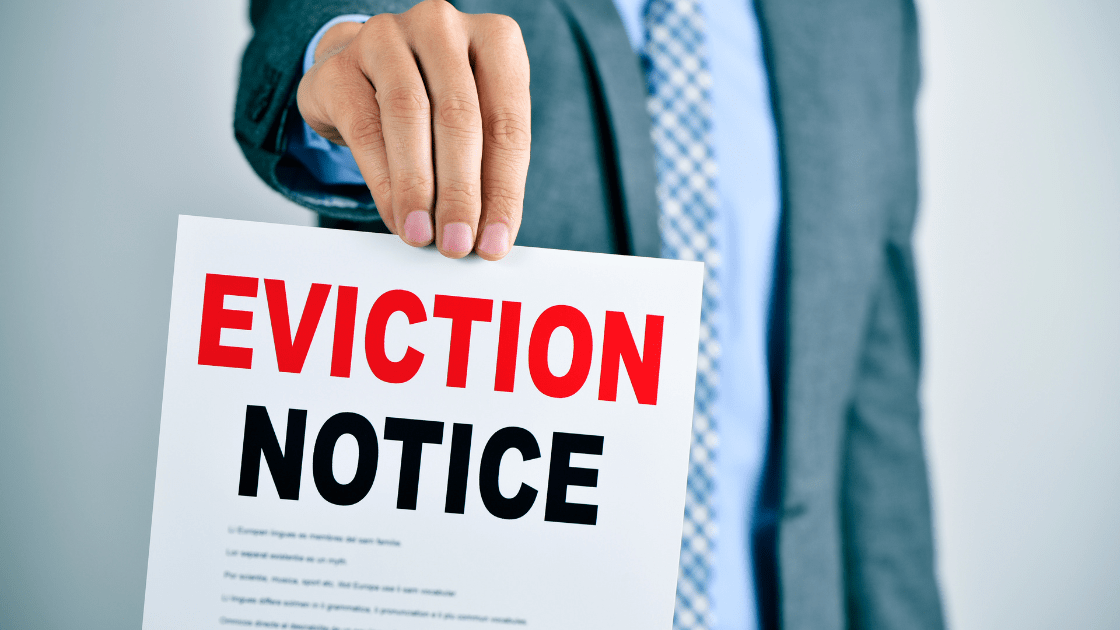
We know how tough it can be when you’re facing the threat of losing your home. It’s a situation no one wants to find themselves in, and we understand the emotions and fears that come with it. We’re here to shed some light on this complex subject and help you understand what’s ahead of you and what you can do to take control of your situation. In this comprehensive guide, we will explore the eviction process following foreclosure in Massachusetts, helping you understand the ins and outs, your rights, and the potential outcomes.
What is foreclosure and how long does it take?
Foreclosure is the process a mortgage lender will go through when the homeowner cannot meet their financial obligations of paying their mortgage payments. If a homeowner cannot make their payments, usually for 3 months, they will start the foreclosure process if no other arrangements are made.
In Massachusetts, foreclosure can take approximately 90 days from the last missed payment to the final foreclosure auction, but it usually takes longer. You can find a complete guide to the foreclosure timeline here.
If your home is in the foreclosure process, or if you have inherited a home in foreclosure, here are some of our other resources that can help:
Knowledge is power, and understanding your situation can help you make the best decisions moving forward.
My home has officially been foreclosed on, what happens now?
Once the foreclosure process is completed, your property typically goes to an auction. If a third party buys it, they become the new owner and will take over possession. If the property fails to sell, it goes back to the lender and becomes what is known as real estate-owned (REO). In the case of an REO, you might have the opportunity to stay in the property longer, but this depends on the lender’s discretion and local laws.
It’s an uncertain time, and each outcome brings different challenges. We recommend seeking legal advice to help navigate your unique circumstances and understand your rights fully. If the property is not sold to a third party, you may still have a chance to get your property back.
Can I refuse to leave?
It’s only natural to want to stay in your home, but refusing to leave after foreclosure can create additional challenges. If you choose this route, the new owner will initiate an eviction lawsuit. The outcome of this lawsuit can significantly impact your credit and legal records. Before this happens, you will receive a ‘notice to quit’, which is a legal document providing a deadline for you to vacate the property.
Should you continue to refuse to leave, the matter will go to court. If the court decides in favor of the new owner, they will issue an eviction order. A local law enforcement officer, such as a sheriff or constable, is then responsible for enforcing the eviction.
Eviction Steps and Timeline
The eviction process is not immediate, and it involves several stages:
- Notice to Quit: This is a written notice from the new owner, giving you a clear deadline to vacate the property.
- Summary Process Summons and Complaint: If you remain in the property past the deadline, the new owner can initiate an eviction lawsuit, known as a ‘summary process’.
- Court Hearing: You will receive a summons for a court hearing where a judge will listen to both sides and deliver a decision.
- Judgment and Execution: If the judge rules in favor of the new owner, they will issue an ‘execution’ that permits the owner to take possession of the property.
While the exact timeline can fluctuate, the process generally spans several weeks to a few months, depending on individual circumstances.
Can you fight eviction after foreclosure in Massachusetts?
Yes. In Massachusetts, you can challenge the foreclosure in court, make arguments against the eviction, or try to negotiate for more time to vacate. You’ll need an attorney to help you navigate this process successfully.
What happens if you are a tenant living in a rented home that gets foreclosed on?
If you’re a tenant living in a rental home that gets foreclosed on, you are protected by federal law. The “Protecting Tenants at Foreclosure Act (PTFA)” ensures new owners must honor existing leases or provide at least a 90-day notice for tenants to move out. So, you’ll either get a new landlord or you’ll get 90 days to vacate the property.
Local Resources for People Facing Eviction in Massachusetts
Navigating foreclosure and eviction can be overwhelming, but you’re not alone. Massachusetts offers a range of resources that provide support and assistance to those going through this challenging process:
- Massachusetts Legal Assistance Corporation (MLAC):MLAC provides civil legal aid for people who cannot afford an attorney. They assist with various issues, including housing and eviction.
- Massachusetts Department of Housing and Community Development (DHCD): The DHCD offers a variety of resources for those facing eviction, including emergency assistance for families facing homelessness.
- The Boston Bar Association’s Lawyer Referral Service:This is a valuable resource for finding legal representation. They have a specific section dedicated to Real Estate Law, including foreclosure.
- Citizens’ Housing and Planning Association (CHAPA): CHAPA offers resources and information on affordable housing and provides guidance for those facing eviction or foreclosure.
- Massachusetts Coalition for the Homeless:If eviction seems inevitable, this organization can help provide emergency shelter options and resources to help secure stable housing.
Foreclosure Not Complete? We Can Help
Remember, while foreclosure is a challenging situation, you have options until the process is completed. Our articles on How to Stop Foreclosure and Selling a House in Foreclosure can help you better understand your choices.
We want to remind you that we are here to help. We buy homes in as-is condition for cash, often in just a matter of weeks. If you’re looking to avoid the complications of foreclosure, maintain control of the situation, and safeguard your credit score, selling to us might be the ideal solution. It will put cash in your pocket and give you a chance to start anew, minimizing the impact on your life. You don’t have to face foreclosure alone; there are always options, and there’s always hope for the future.
To learn more about how we buy properties or to get a cash offer for your home, click here.

